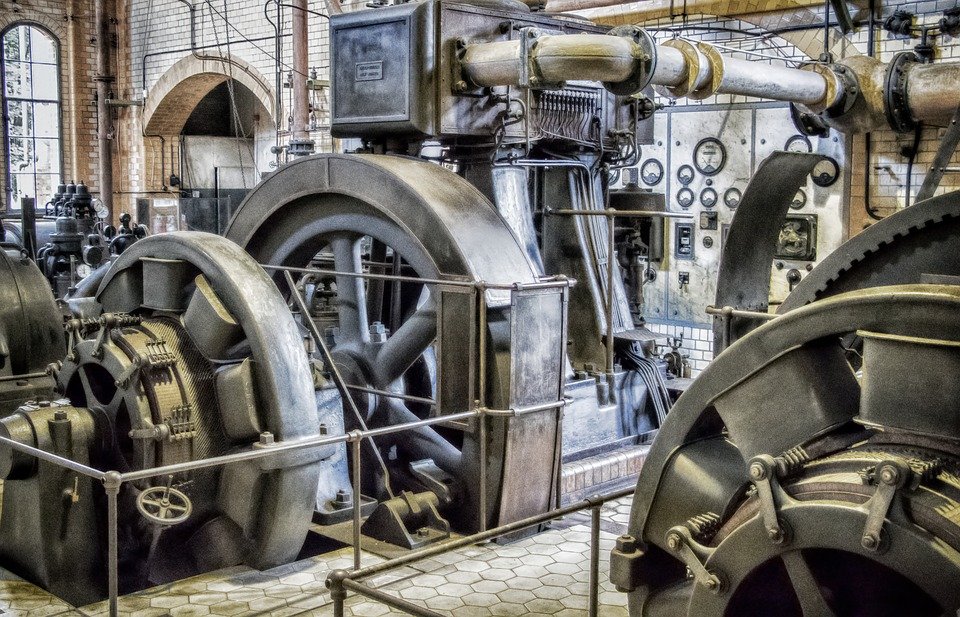
Many fields have now become dependent on electricity. This dependency has resulted in the increased use of electrical backup systems such as generators. Finding a generator that will match all the application requirements seamlessly is not easy. For this reason, experts have now come with the technique of load-sharing. If you have generators that do not meet your application needs, you can opt for this technique. This article will explain the enormous benefits of synchronizing generators.
Using a single unit will, most definitely, increase your downtime in the event of a breakdown. When one generator breaks down, the power supply will be cut off until repairs are done. Synchronizing generators can help to curb this menace. With synchronization, power is yielded by different generators. Thus, in the event where one alternator fails, the remaining ones will continue to generate power.
Generators operate best when they are used within their power production rates. However, since many generators hardly match application requirements, many users are obligated to use them in a way that exceeds their power supply capabilities. This, in turn, affects the generator’s lifespans and efficiency. Sharing power supply among many small units helps to boost generator efficiency. Also, it helps to avoid regular breakdowns. This is because the generators will only be used to produce power that does not surpass their electricity yielding capacities.
Paralleling generators load sharing are more flexible compared to using one large unit. In most cases, users’ electrical needs increase with time. If you are using one large generator, you will be forced to purchase another large unit, in the event that your power requirements increase. Besides, you will need to spend a lot of capital on expansion. Synchronized systems make it easy for users to increase their electrical supply if need be. All you will have to do is to buy small units and incorporate them into the parallel systems. There will be no need to set up an entirely new system. Therefore, you will save on capital.
Paying for generator maintenance and technical services is capital intensive. In many cases, servicing one large unit is more expensive compared to servicing small units. When you synchronize your generators, servicing can be done gradually for each unit. You will, therefore, not have to worry about servicing costs. Moreover, during servicing, large units have to be shut down, thus cutting off the power supply. Given that small units are maintained gradually, one at a time, you will not have to deal with any downtime during maintenance. If not done professionally, generator synchronization will lead to losses. Thus, ensure that you hire experts. Learn more here: https://en.wikipedia.org/wiki/Generator.





